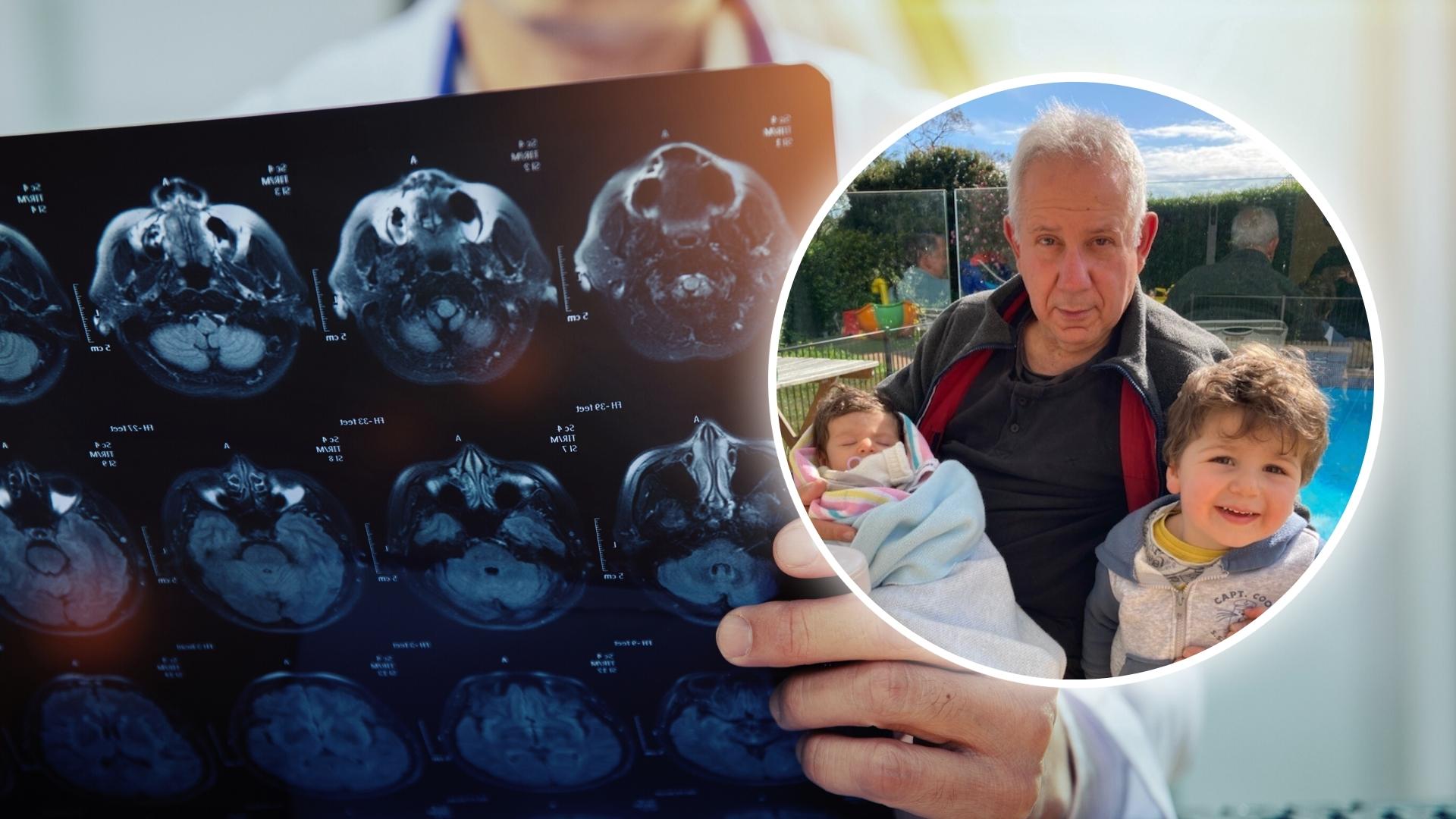It was ten years ago that John Tritsaris was diagnosed with Parkinson’s disease.
“I was just standing there and I started shaking,” John tells The Greek Herald.
“My big left toe was aching and was lifting upwards like it wanted to come out of my shoe.”
Convinced he was just experiencing muscle spasms, John visited his General Practitioner and was referred to a neurologist who diagnosed him with the brain disease.
“It hit me like a ton of bricks,” the 68-year-old Sydneysider recounts.
“Was I going to end up in a vegetative state? Was I going to forget who I was? All those questions and fears entered my mind.”
They are questions that the grandfather of two still doesn’t have answers for.
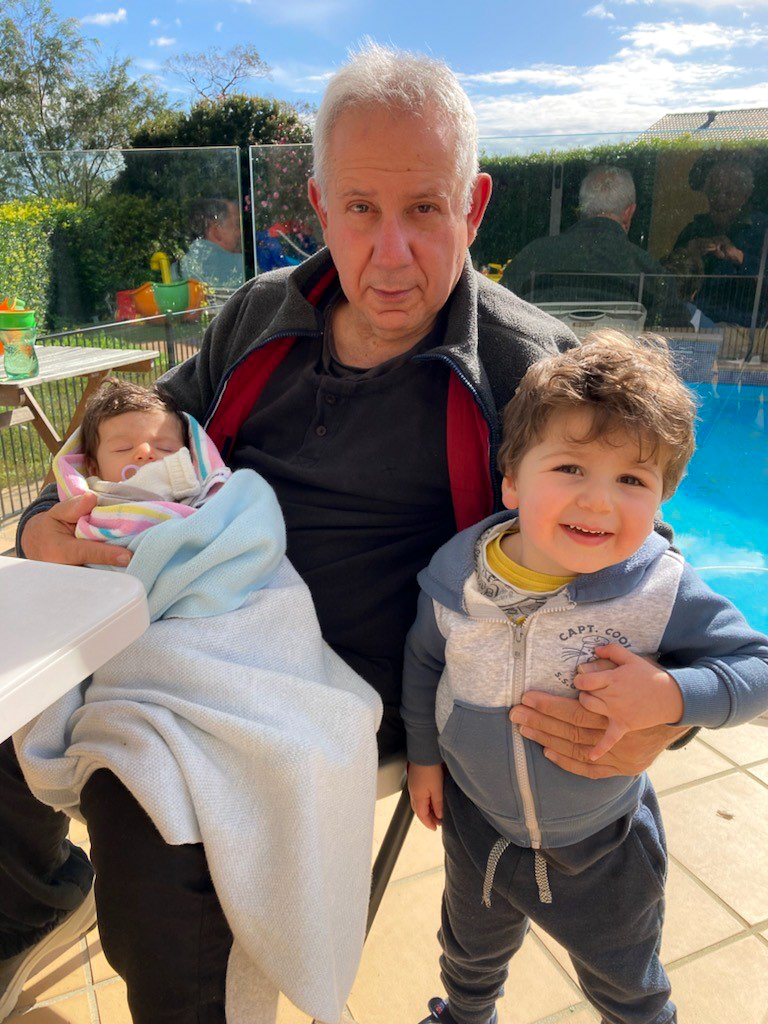
“The problem with this disease is that it’s progressive and the symptoms aren’t all the same. Some people struggle to hold items, whilst others completely lose their ability to walk or talk,” John says.
“There are so many unknowns and that’s exactly why I joined the study.
“There’s somebody out there who wants to study my brain, let’s see if they can find one in there.”
John is currently taking part in the Australian Parkinson’s Genetics Study (APGS), a nationwide research project aiming to identify the genetic factors that influence a person’s risk of developing Parkinson’s disease and its various symptoms.
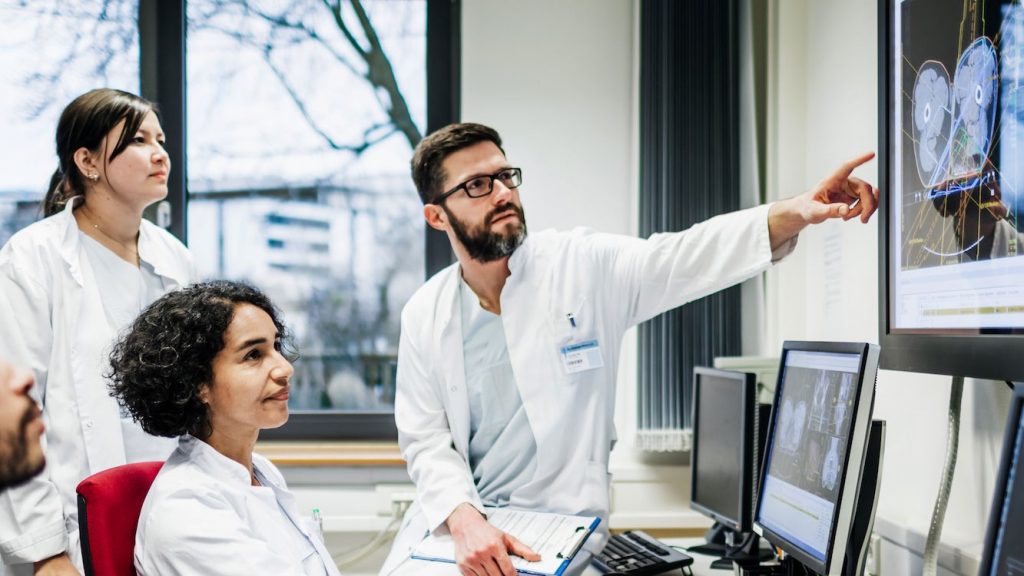
The APGS is run by the QIMR Berghofer Medical Research Institute in Brisbane, Queensland and is funded by the Shake It Up Australia Foundation and The Michael J. Fox Foundation.
Speaking with The Greek Herald, project researcher, Dr Miguel Renteria, says he is hopeful the study “will not only help unravel the causes of the disease but also help find a cure.”
More than 160,000 Australians have been prescribed Parkinson’s medications in the last couple of years and the APGS is calling on Australians of all languages and cultural backgrounds diagnosed with and medically treated for Parkinson’s to take part in the study.
“Worldwide, our current knowledge about Parkinson’s disease is coming from a handful of populations, which represent around 10% of the world’s population,” Dr Renteria says.
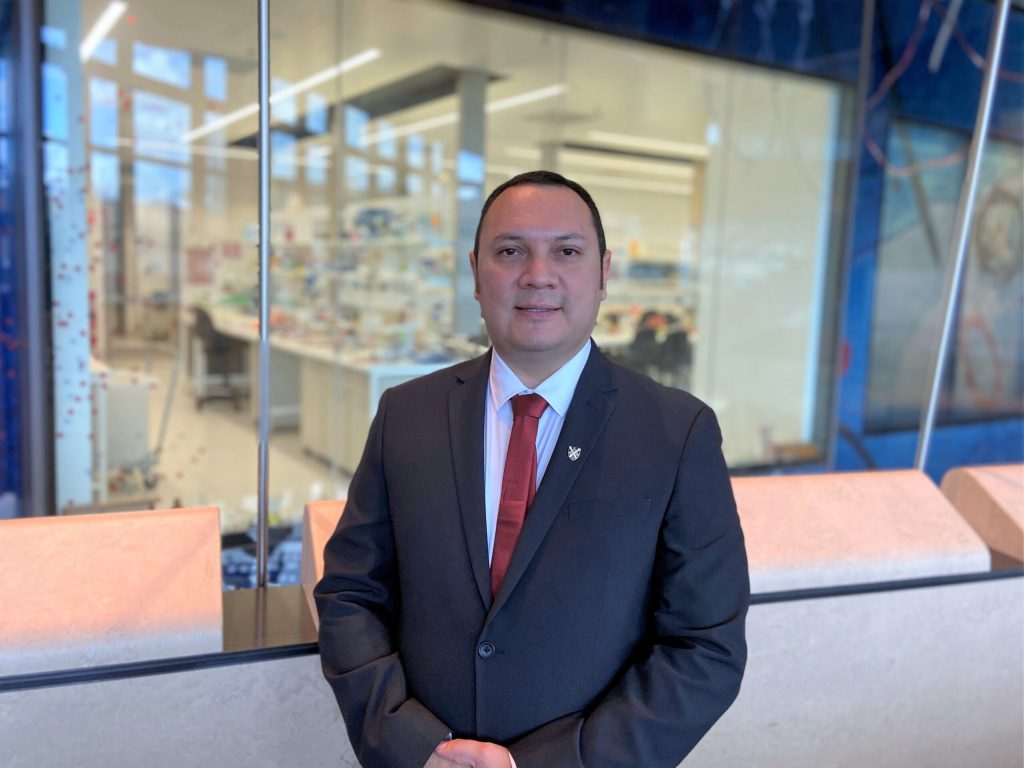
“Some preliminary research suggests that the genetic basis of disease risk is different among individuals of different ethnicities and that this also impacts how the disease symptoms manifest and how people respond to treatment.
“We want to encourage participation from groups that have been underrepresented in the past. This is the only way to ensure that findings will be meaningful for patients of all backgrounds, and eventually translate into better clinical outcomes for all.”
A pilot study by the APGS involving 1,500 participants found that 65% of participants were men and 16% reported having a previous traumatic brain injury.
Dr Renteria says participants also experienced a number of comorbidities, with the most common being constipation (36%), depression (34%), anxiety (17%), melanoma (16%) and diabetes (10%).
The research and findings of the APGS will contribute towards the world’s largest study of Parkinson’s genetics ever undertaken, the Global Parkinson’s Genetics Program (GP2), which involves more than 150,000 volunteers worldwide.
Founder and CEO of Shake it Up Australia, Clyde Campbell, describes the Australian research project as “a real opportunity for us to find a better tomorrow.”
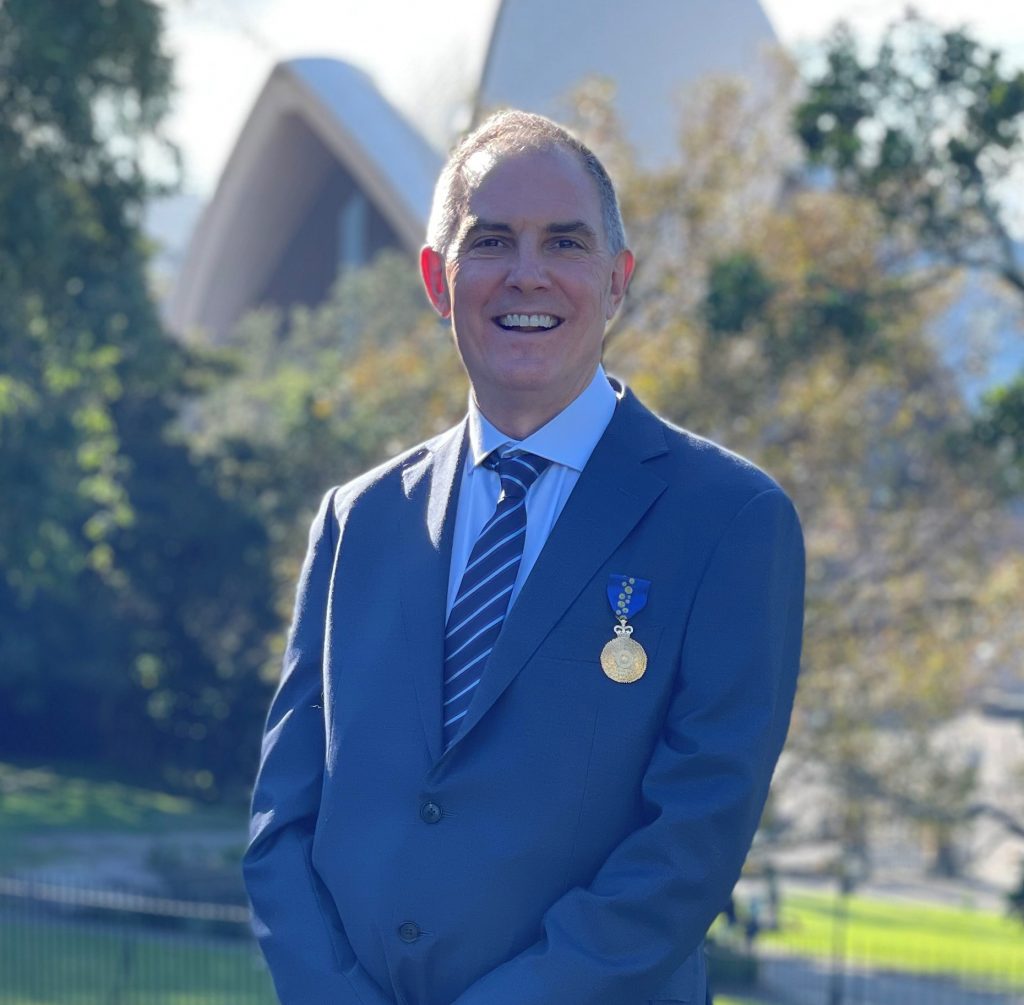
“The opportunity to contribute at a local Australian level whilst contributing to the GP2 study internationally was a real attraction to get involved with the APGS,” he tells The Greek Herald.
Clyde, like John, lives with Parkinson’s after being diagnosed at 44 years of age.
“Parkinson’s has brought many challenges and learnings, massively restricting in many ways but also providing an opportunity to reflect on how fortunate we really are,” the CEO says.
Now in his tenth year of diagnosis, John says the challenges of the disease are more pronounced.
“It gets worse as I go but at this stage I have trouble getting in and out of bed, getting dressed and putting on socks is a nightmare,” he says.
“I can’t walk downhill because the control of the muscles isn’t there, so I’ll take off like a rabbit. I used to play the guitar and I struggle with that now because my fingers just don’t want to move sometimes.
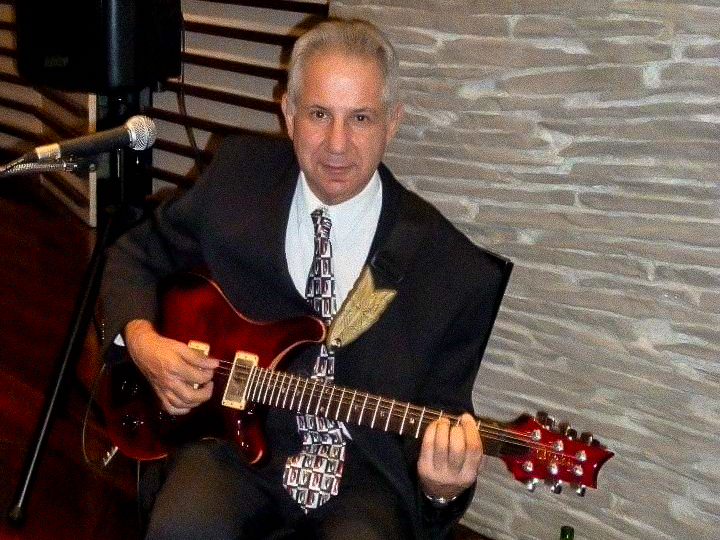
“My family have all been very supportive but I try to be as independent as I can.
“I’ve got to keep moving otherwise it’ll get worse. I’ll accept help when I need it, but for as long as I can do things by myself, I’ll stick it out.”
For more information or to take part in the Australian Parkinson’s Genetics Study visit www.qimrberghofer.edu.au/apgs/

